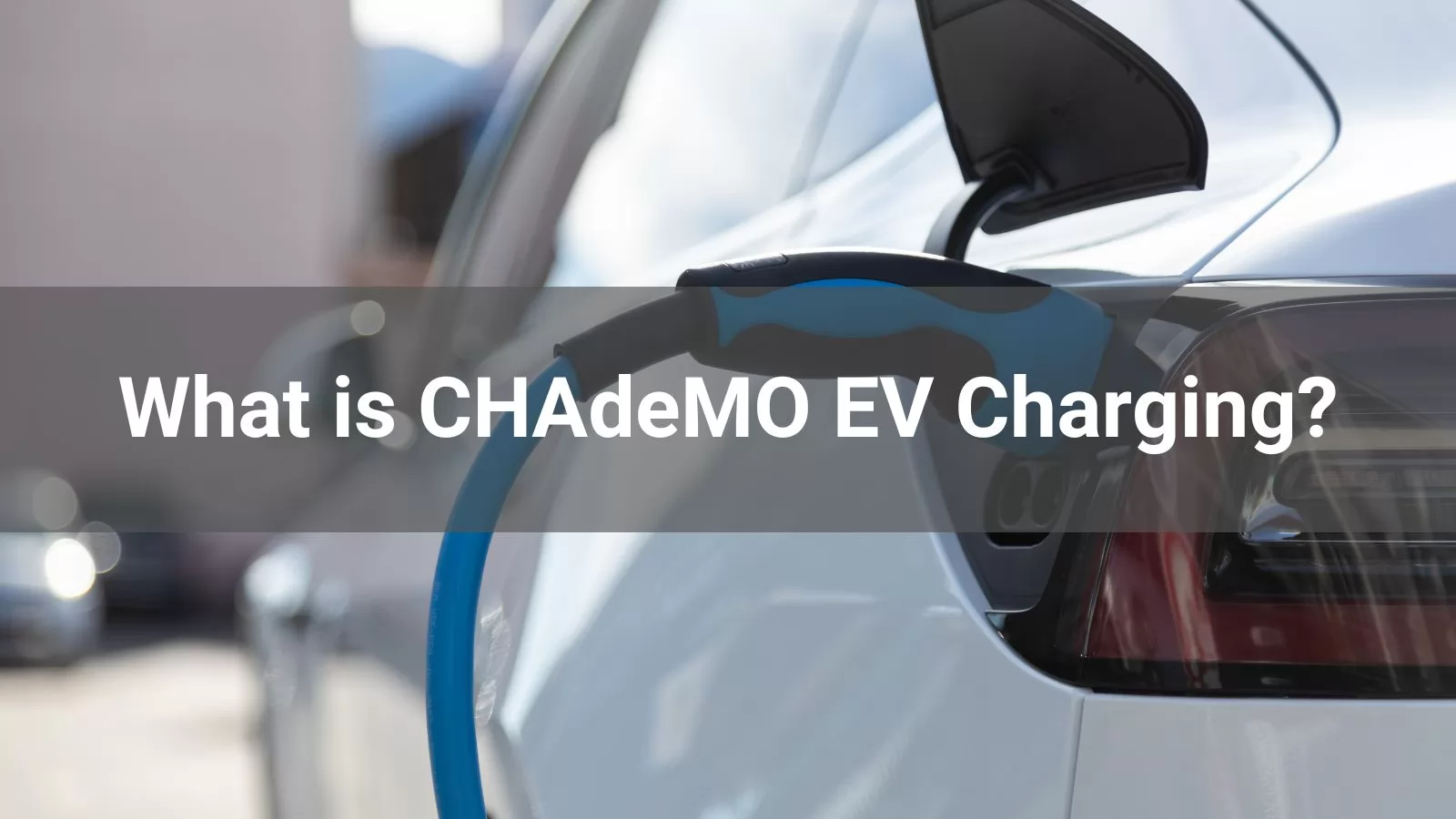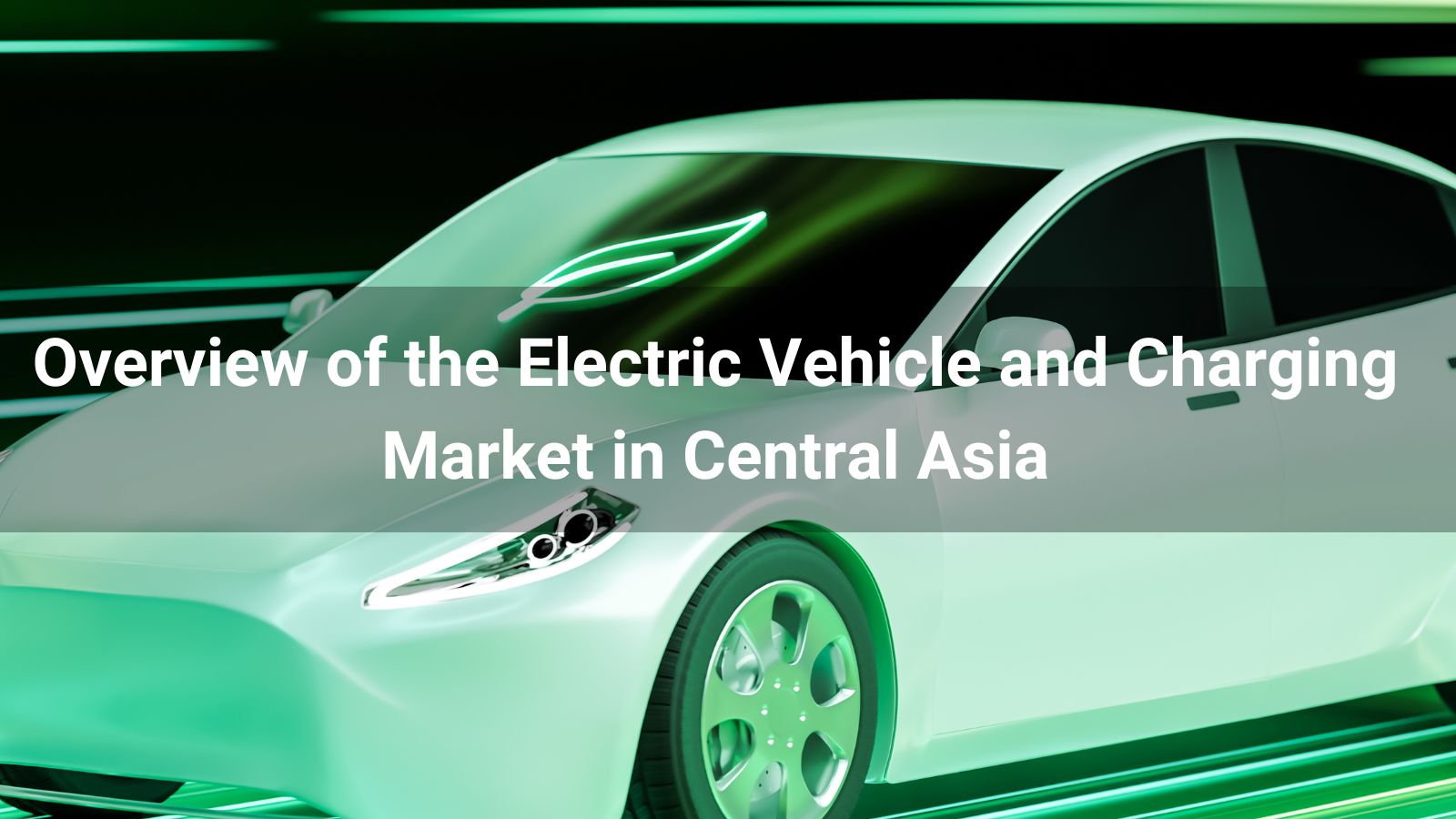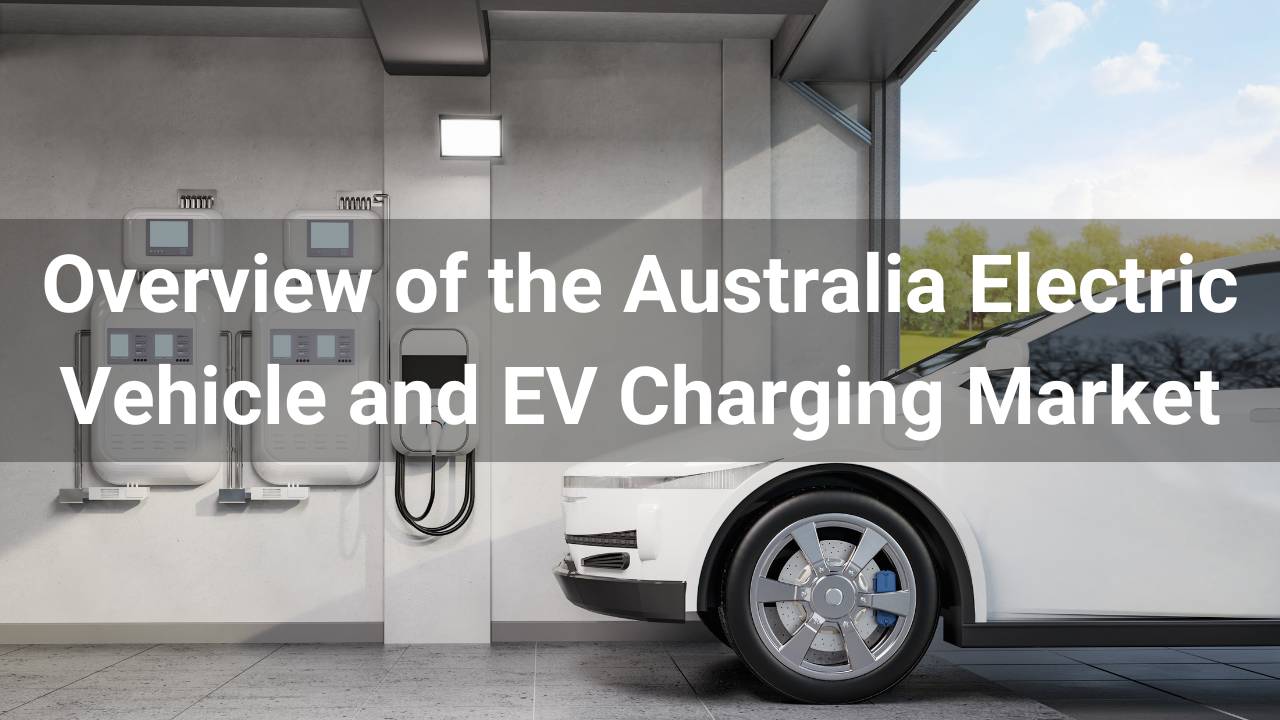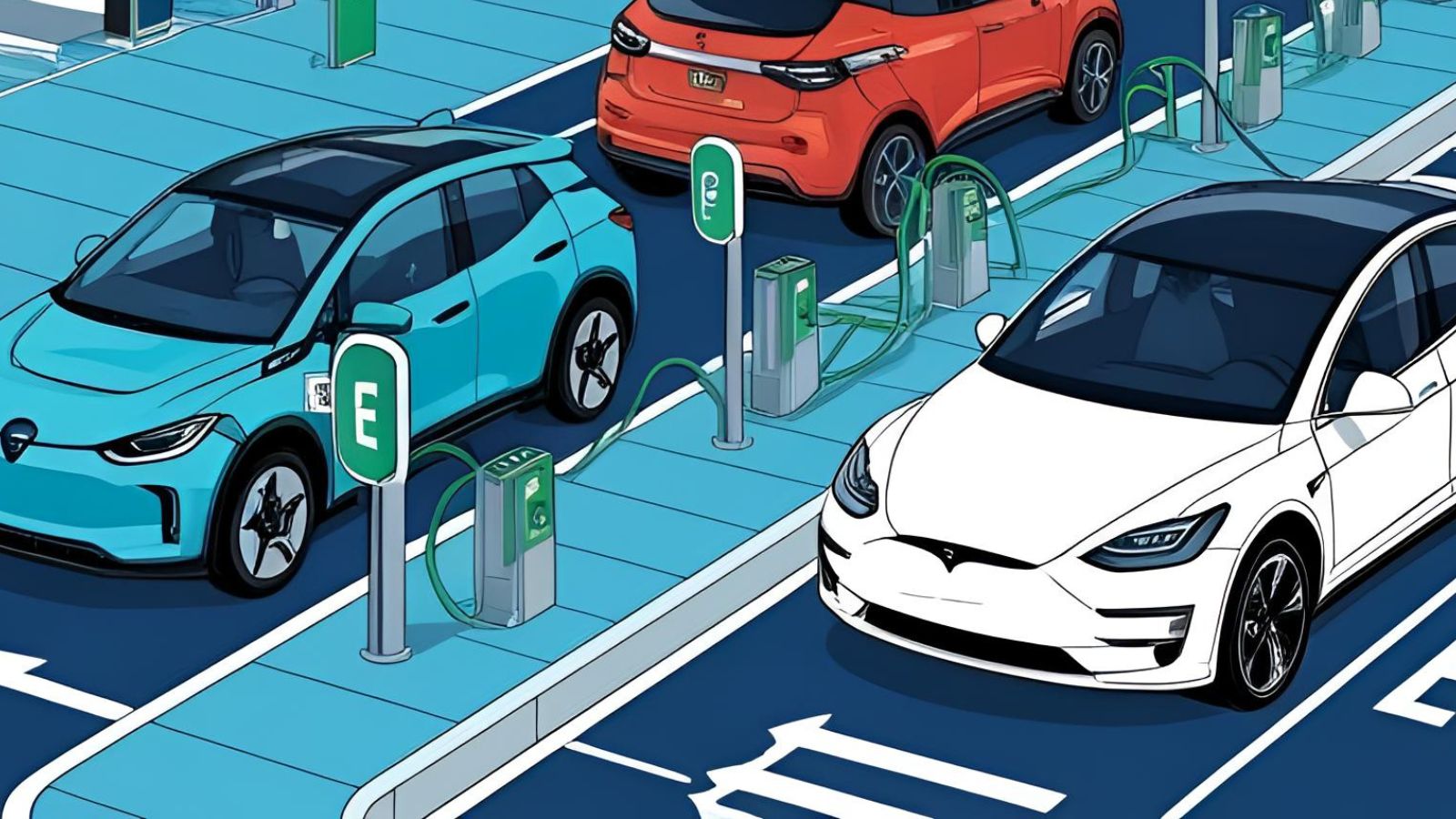What is CHAdeMO EV Charging?

CHAdeMO is a type of high-speed charging connector designed specifically for electric vehicles (EVs), enabling a rapid and efficient charge for compatible car models. As EV adoption grows, understanding the different charging standards is crucial for EV owners, particularly those looking for quicker charging solutions at public stations.
EV Charging Overview
When it comes to EV charging, the concept is more complex than simply plugging in a cable. Unlike traditional fuel cars, EVs have multiple charging types, each with its own compatibility requirements. Different connectors and charging speeds cater to various models, meaning not all charging stations work universally for every EV on the road. When you buy an EV, it’s essential to check which chargers are compatible, especially if you’re considering a model that requires unique charging solutions like CHAdeMO.
To cater to the growing EV market, charging stations often provide multiple connector options to serve a wide range of vehicles, from standard home chargers to fast chargers available at public locations. Home charging points are typically available for Type 1 or Type 2 connectors (for use in Europe and North America). However, public rapid chargers include connectors like CCS, Tesla Superchargers, and CHAdeMO, each offering a different level of speed and convenience.
What is CHAdeMO?
CHAdeMO (Charge de Move) is a fast-charging standard developed initially in Japan and is now commonly found worldwide, particularly in rapid charging stations. CHAdeMO chargers can provide a significant boost in less time, supporting up to 400kW of direct current (DC) fast-charging power. This rate is significantly faster than a standard 7kW home charger, allowing drivers to recharge their EVs quickly while on the go.
For instance, a Nissan Leaf equipped with a CHAdeMO connector can be charged from 20% to 80% in approximately 60 minutes—ideal for drivers who need a quick charge during a road trip. This high-power, high-speed setup makes CHAdeMO a popular choice for drivers who regularly require rapid recharging options.
How CHAdeMO Connectors Work
CHAdeMO connectors are distinct because they use DC power to recharge an EV’s battery directly. Most home chargers utilize alternating current (AC) from the grid, which the vehicle’s onboard charger converts to DC. In contrast, CHAdeMO chargers handle this conversion within the charging point itself, supplying DC directly to the battery, enabling quicker charging times.
Charging an EV involves converting AC power from the national grid (such as in the UK) into the DC power needed by the battery. For standard AC home charging, this conversion is managed by the EV’s onboard rectifier. But with CHAdeMO’s DC power supply, the charging station performs the conversion process, allowing for faster energy transfer and less energy loss, which translates into a much quicker charge.
Origin of the Name "CHAdeMO"
The CHAdeMO standard was developed by a coalition of Japanese companies, including Nissan, Mitsubishi, Toyota, Fuji Heavy Industries, and Tokyo Electric Power Company (TEPCO). The name itself pays homage to its Japanese roots. “CHAdeMO” is a clever acronym and a play on words: “CHArge de MOve,” meaning “charge for moving.” It’s also a nod to the Japanese phrase “O cha demo ikaga desuka?” which translates to “Let’s have a cup of tea while charging,” alluding to the convenience of taking a quick break while the EV charges.
Which Cars Use CHAdeMO Connectors?
CHAdeMO is particularly popular among Japanese automakers who pioneered the technology. In the UK and many other regions, several EV models are compatible with the CHAdeMO rapid charger, including:
- Toyota Prius Plug-In
- Citroen C-Zero
- Nissan Leaf
- Mitsubishi Outlander PHEV
- Nissan e-NV200
- Kia Soul EV (Mk1)
- Citroen Berlingo Electric (Mk1)
- Tesla Model S (with a CHAdeMO adapter)
While CHAdeMO is more common among Japanese brands, adapters are available for select models from other automakers, enhancing compatibility with existing CHAdeMO infrastructure.
CHAdeMO vs. CCS: What’s the Difference?
The Combined Charging System (CCS) was developed slightly later than CHAdeMO and is widely supported by American and European car manufacturers. Unlike CHAdeMO, CCS connectors support both AC and DC charging from the same port. This flexibility allows drivers to use a single connector type for slow home charging and rapid DC charging at public stations, without needing additional adapters.
In contrast, CHAdeMO-compatible EVs typically need adapters to use AC charging points. While CHAdeMO is the preferred standard in Japan and is still widely used globally, the CCS system is gradually gaining popularity, particularly as automakers move towards adopting a unified, versatile charging standard.
How to Find a CHAdeMO Charger
Locating a CHAdeMO charger nearby is simple with various apps and websites that display public charging station networks. Planning a route with CHAdeMO chargers in mind can ensure convenient access to rapid charging along the way.
Before committing to an EV model, it may be helpful to check the distribution of charging stations in your area. If CHAdeMO stations are limited, you may consider an EV compatible with the more widely available CCS network. With the increasing expansion of EV infrastructure, most areas have adequate charging stations, but availability can still vary based on region.
CHAdeMO Chargers: An Overview
|
EVSE Manufacturer |
Charging Equipment |
Power Output (DC) |
Notable Projects |
|
Delta Electronics India |
DC charger – CCS, CHAdeMO |
15 kW to 150 kW |
Launched Mumbai’s first DC Fast-Charger at Maharashtra Mantralaya. Partnership with MG Motors and EV Motors. |
|
Quench Chargers |
DC Charger – CCS, CHAdeMO |
30 kW to 240 kW |
Part of the India pavilion at Dubai Expo 2022. Charging the switch mobility innovation bus. |
|
Mass-Tech |
DC charger – GB/T, CCS, CHAdeMO |
10 kW to 200 kW |
Providing advanced 240KW chargers for PMI Electro Mobility Solution. |
|
ABB India |
DC charger – CCS, CHAdeMO |
11 kW to 350 kW+ |
Partners with Audi India. Installed Terra 53 Fast Charger Station at NITI Aayog office. |
|
Exicom |
DC charger – GB/T, CCS, CHAdeMO |
15 kW to 200 kW |
Signed MoU with BHEL for EV charging infrastructure. |
|
P2 Power Solutions |
DC charger – GB/T, CCS, CHAdeMO |
15 kW to 200 kW |
|
|
Griden Power |
DC charger – CCS, CHAdeMO, DC001 |
30 kW to 120 kW |
Supplied 100+ chargers across primary locations in various states. |
|
Charge+Zone |
DC fast chargers |
Varies |
More than 3,000+ charging points in 37 Indian cities. |
|
Okaya Power Group |
Multi standard EV chargers |
Varies |
Won a contract to set up 4,244 EV charging stations from state-run REIL. |
|
EV Motors India (Plug Ngo) |
Charging network installation |
Varies |
Partnership with Hero Electric for last-mile delivery operations. |
|
EVRE |
EV chargers and charging stations |
Varies |
Setup multiple charging hubs across key metropolitan |
|
VerdeMobility |
DC charger – CCS, CHAdeMO |
Varies |
|
|
goEgo network |
AC chargers – Type-2, AC001 |
Varies |
Presence in four states: Maharashtra, Tamil Nadu, Telangana, and Karnataka. |
|
LUBI EV Solutions |
DC charger – DC-001, CCS 2, CHAdeMO |
15 kW to 240 kW |
|
|
BrightBlu |
AC Type 2 Charger |
3.7 kW to 7 kW |
Formed in Aug 2019 from the merger of Asia Electric and DrivAMP. |
Summary
Choosing an EV involves understanding charging options and knowing which charging standard aligns best with your lifestyle. CHAdeMO is a solid choice for fast charging and is supported by Japanese EVs and select models worldwide, providing a convenient, high-speed solution for long-distance drivers.
For EV owners seeking a reliable, fast-charging solution, Shenzhen Anari Energy Co., Ltd. offers a standout option. Their DC EV Charger is designed to deliver rapid, efficient charging, making it ideal for commercial and public applications. With high power output, Anari Energy’s DC charger significantly reduces charging times, ensuring that EVs are back on the road quickly and minimizing downtime for drivers. The charger is not only powerful but also built for durability, providing consistent performance even with frequent use. Compatible with a wide range of EV models, it offers flexibility and convenience for mixed fleets and diverse user needs. A user-friendly interface further simplifies operation, making the charging experience seamless. For areas with high EV traffic and growing demand for fast, reliable charging, Shenzhen Anari Energy’s DC EV Charger provides a smart, effective solution to support the expanding EV market.
FAQs
1. Is CHAdeMO a good Charger?
CHAdeMO can be considered a good charger, particularly for electric vehicles that are equipped with CHAdeMO charging ports. It is a globally known for fast-charging standard that allows for efficient and rapid charging of EV batteries. However, the assessment of whether it is a “good” charger depends on factors such as the compatibility of your EV, the availability of CHAdeMO charging infrastructure in your area, and your specific charging needs.
2. What is CHAdeMO in EV charging?
CHAdeMO in EV charging is a fast-charging standard developed in Japan. It uses a specific connector for efficient DC charging, supporting various electric vehicles.
3. Which is better CCS or CHAdeMO?
The choice between CCS and CHAdeMO depends on the vehicle and regional standards. Both offer fast charging, and preferences vary.
4. What vehicles use CHAdeMO chargers?
Electric vehicles from different manufacturers use CHAdeMO chargers, including cars, buses, and two-wheelers equipped with CHAdeMO charging ports.
5. How do you charge CHAdeMO?
To charge using CHAdeMO, connect the dedicated CHAdeMO connector from the charger to the vehicle’s charging port, and follow the charging station’s instructions for initiating the process.

You Might Also Like...
-

Overview of the Electric Vehicle and Charging Market in Central Asia
2026 Feb,05 -

Overview of the Australia Electric Vehicle and EV Charging Market
Australia's electric vehicle (EV) market is rapidly expanding, with Tesla leading the high-end segment and Chinese brands like BYD gaining traction among mid-to-low-end consumers.2026 Feb,05 -

List of 60 EV Charging Companies in 2026
EV charging companies are at the forefront of this revolution, driving the transition to sustainable transportation through innovative technologies and expansive networks. Below is a list of 60 leading EV charging companies worldwide in 2026, showcasing the key players shaping the future of mobility.2026 Jan,26












